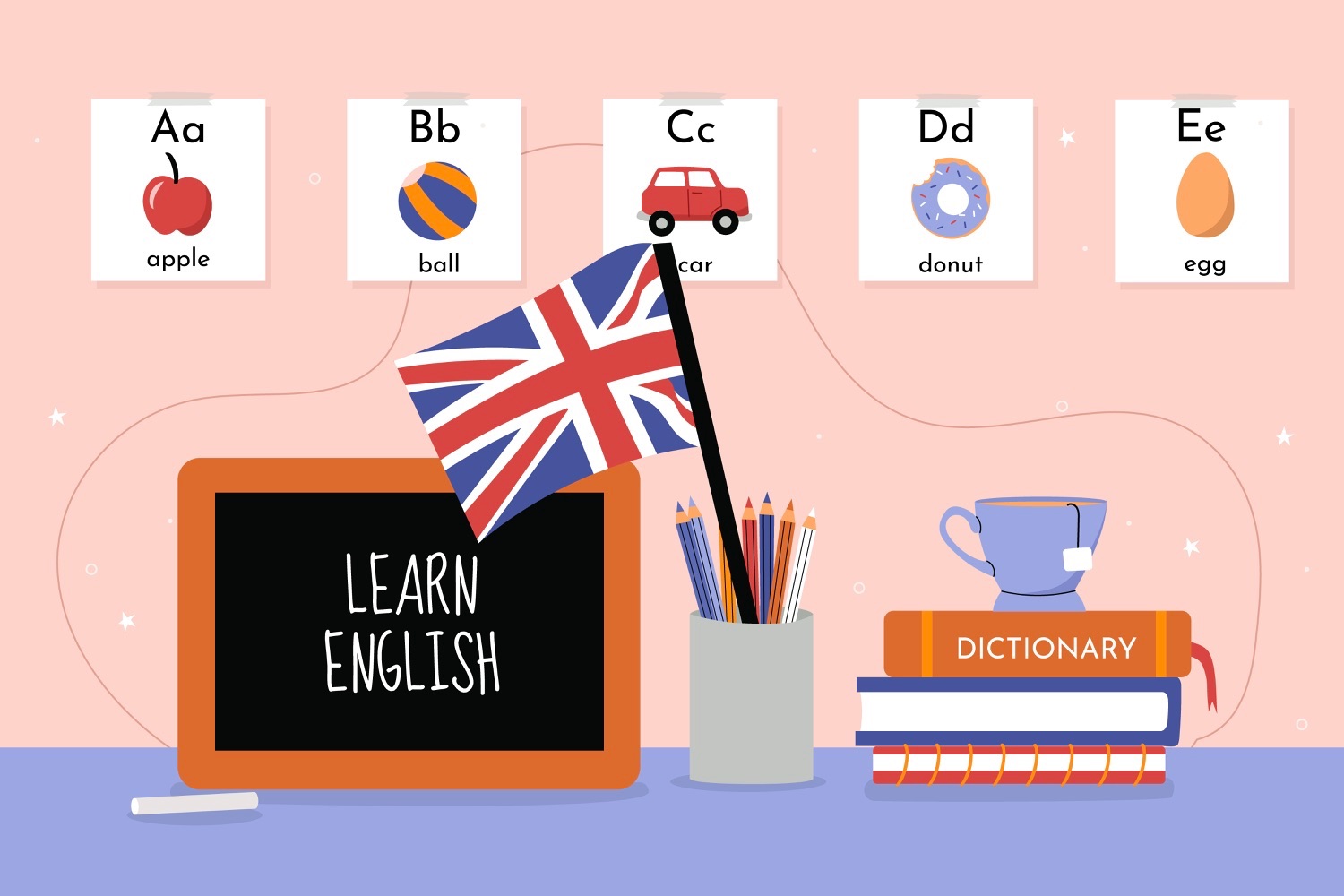
Reflexive ve Possessive Pronouns
Reflexive Pronouns (Dönüşlülük Zamirleri)
Ex: I’m going to indulge myself and buy a new outfit as soon as I get my paycheck. (Kendimi şımartacak ve bir sonraki maaşımı alır almaz kendime yeni bir kıyafet alacağım.)
My friend indulged himself with a new laptop. (Arkadaşım yeni bir dizüstü bilgisayarla kendini şımarttı.)
Rachel blamed herself for the accident. (Rachel kaza için kendini suçladı.)
Ex: They had to learn by themselves. (Kendi başlarına öğrenmek zorunda kaldılar.)
He felt sorry for himself. (Kendi için üzgün hissetti.)
Ex: She lived by herself in a huge mansion. (Koskoca bir malikanede kendi başına yaşadı.)
Ali walked home by himself. (Ali eve kendi başına yürüdü.)
I‘ve cut my hair by myself. (Saçımı kendim kestim.)
I finished the entire project by myself. (Bütün projeyi kendi başıma bitirdim.)
Possessive Pronouns and Adjectives (İyelik Zamirleri ve Sıfatları)
Last time I checked, my pencil was on the table but I couldn’t find it there. Can I borrow yours (your pencil)?
B: It’s okay. You can use mine (my credit card).
